Driving Innovation with Precision: An Exclusive Interview with the COO of Elgi Equipments Ltd.
In the world of industrial machinery, where reliability and innovation are paramount, Elgi Equipments Ltd. stands tall as one of India’s most respected multinationals. Specializing in designing and manufacturing world-class air compressors, ELGi has carved out a global footprint with its commitment to quality, sustainability, and technological excellence. At the operational helm of this engineering Powerhouse is Mr. Anvar Jay Varadaraj, the Chief Operating Officer — a dynamic leader orchestrating efficiency and growth across continents. In this exclusive conversation with Mr. Bhupesh Gupta, the Chief Executive Officer of Milling & Millers.com, Anvar Jay Varadaraj, Chief Operating Officer, Elgi Equipments Limited elaborated on the company’s global vision, operational excellence, and commitment to “Always Better” performance.
Anvar emphasized that maintaining a non-negotiable level of quality and performance is the key to success in the industry, and ELGi has been working on this principle since its inception. Investing in talent and the right resources is essential for achieving the goals. He stresses educating customers about the relevance of air compressor systems in as simple a way as possible, which can help them make informed decisions and increase the longevity of their equipment.
Elgi Equipments prioritizes its customers and is continually innovating to cater to their needs. He is very enthusiastic about the upcoming stabilizer technology from ELGi, set to be launched globally in a few months, which will support grain milling, pharmaceutical, healthcare, and other industries to grow and expand owing to its high reliability and energy efficiency. He reiterates that the consistent efforts of ELGi have developed an emotional trust bond between the company and the Rice and Grain Milling industry, and will continue to do so in the future, providing them with world-class experience.
Elgi Equipments Ltd., the Indian multinational, is completing 65 years this year — congratulations! What has been the core strategy behind taking an Indian industrial company globally, especially in a specialized sector like air compressors?
We appreciate your acknowledgment of our 65 years, and we hope to reach 75, 100, and beyond, continuing to build on this legacy. The most important thing for us as a company is quality. When my father decided that we would embark on a journey to focus on air compressors, which had begun in the ’90s, we had no ambition to go international or outside India until we were comfortable with a non-negotiable level of quality and performance. The particular reason makes economic sense for two reasons.
Firstly, you don’t have to have two products, i.e., one of domestic quality and another of export quality. There should be a single product for both markets, as this will reduce the complexity level of operations. The domestic customers should be considered equal to the export customers.
Secondly, by doing this, quality issues will be minimized, allowing more time and energy to be spent building the market.
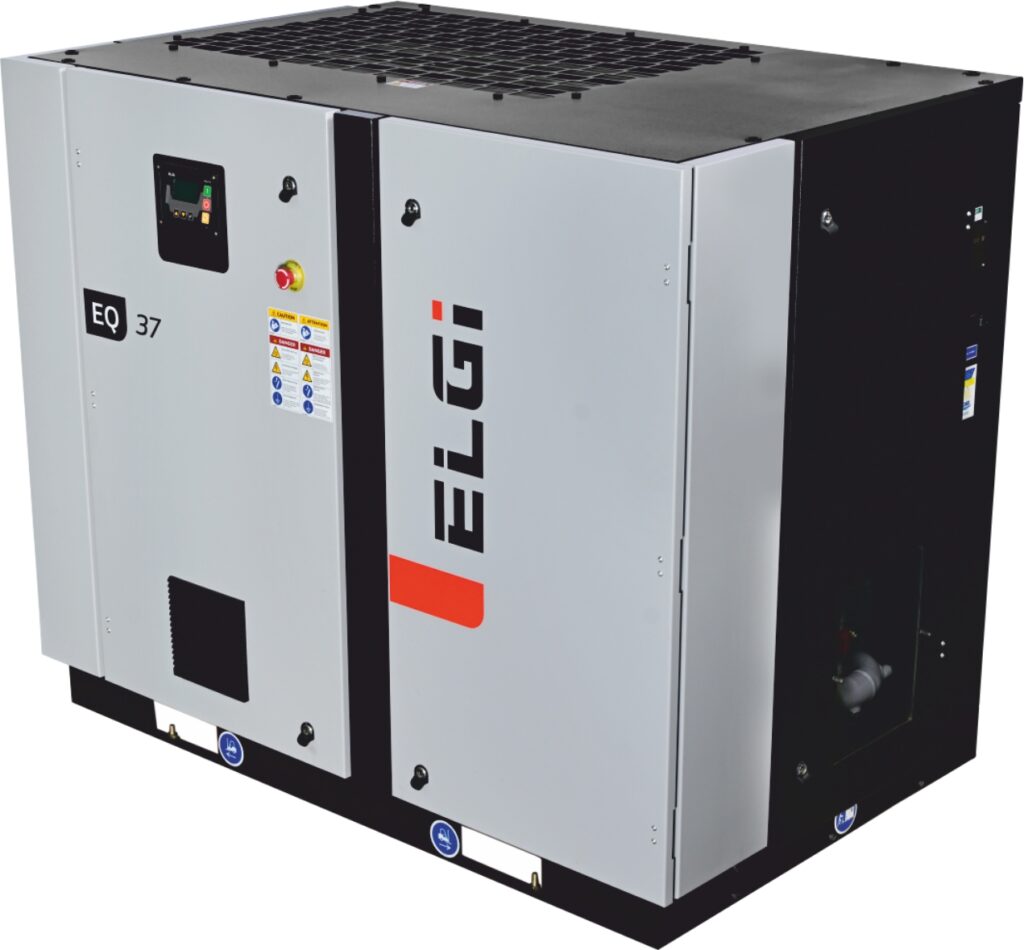
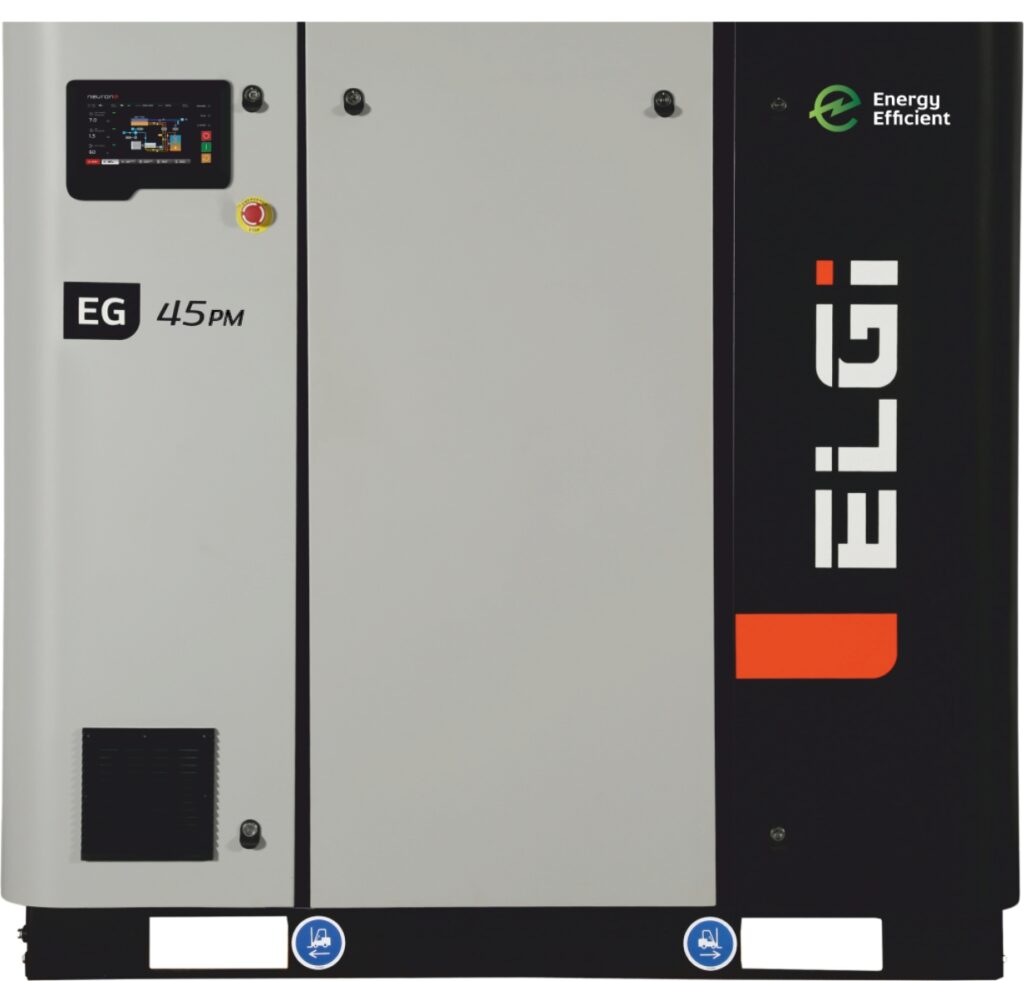
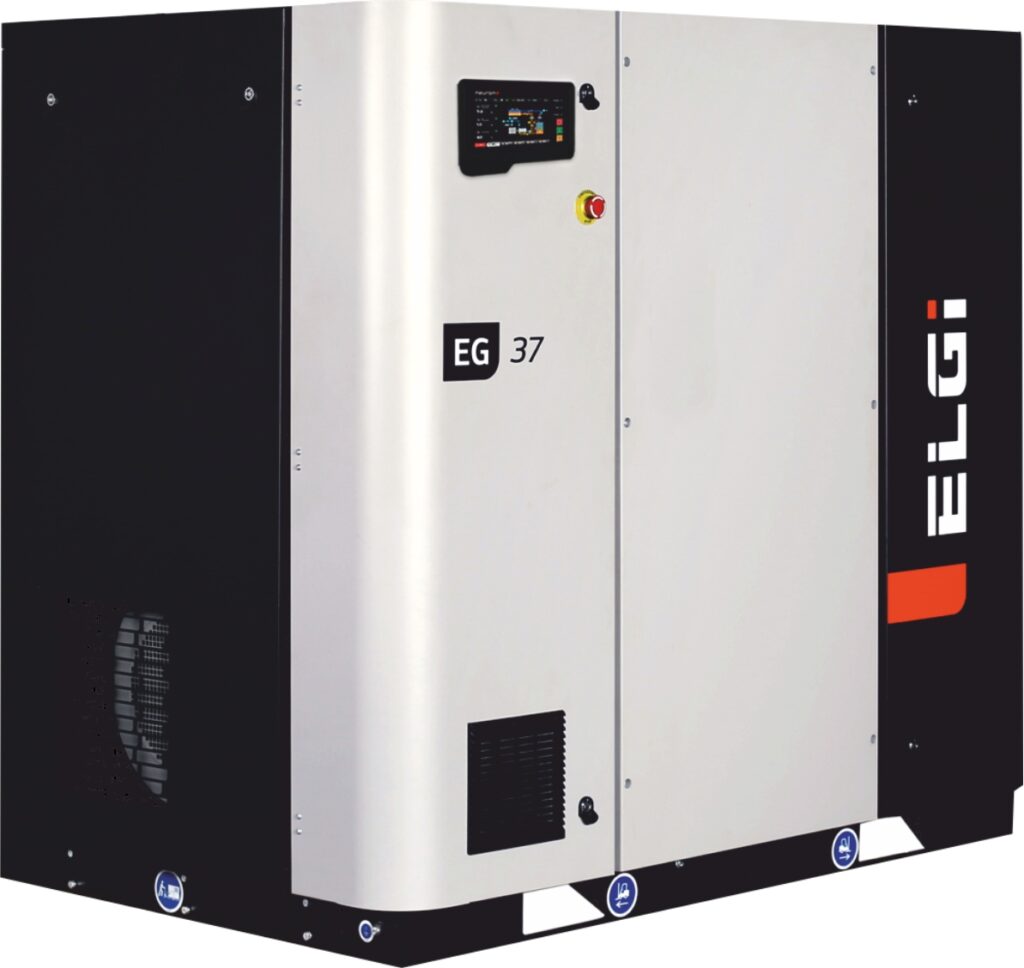
I have worked in the US market for the last 10 years and have nearly 12000 machines. Selling volume is, of course, great, but if you get to a point where your reputation allows you to command a higher price, there is a fantastic economics and quality balance. A piece of advice that I should give to those who wish to go global is that trust cannot be built overnight. So, regardless of whether the industry you are in has more or fewer competitors, it always makes sense to invest in quality and build a reputation as it has economic rewards in the future.
From textiles and manufacturing to healthcare and food processing, ELGi has enabled industrial progress across sectors. What are the values or principles passed down through generations that continue to guide the company today?
I have learned from my father, Dr. Jairam Varadaraj, that quality is non-negotiable and can never be compromised. It’s not something that I just accepted, but I practice it on a day-to-day basis. The quality builds your reputation and grants you enough time to grow and increase sales. Secondly, the virtue of striving for continuous improvement is to be embedded in everything that you do. At ELGi, a
department called ELGi Business System has been monitoring each function and process daily and working on how we can do those
better. To do something better, one needs to start measuring and setting targets. My father has championed this virtue. He imparted the value of understanding the importance of being process-driven and repeatable.
I believe that to succeed at a global level, patience and the willingness to invest in resources and capability in India can play a decisive role. Employee culture is very different in international markets as the labor laws are very challenging, and the service cost is very high. The quality of the product has to be very good because otherwise, each time a machine fails, you have to compensate your dealers, and saying no to them in such a competitive market is not an option. Therefore, we are consistently working on the process to do things better and remain focused on growth, sales, and profit.
With your US education and international exposure, how have those experiences shaped your leadership style and influenced how you manage global operations?
From an education perspective, I have studied economics and philosophy at the undergraduate level. I think that my philosophy degree has played a great role in developing me as an effective communicator. I try to break up complex problems into simpler ones and communicate them effectively to the teams working on execution. I had the privilege of earning an MBA in Marketing from the United States, and one of the fortunate aspects was that by the time I completed my MBA and had finished a couple of years working at MARS Chocolate, we had started thinking about building ELGi as a global brand. My education and professional experience, gained by working in a North American company, have developed a perspective on consistently investing in the brand, bringing in strong
team members internally to support it, and thinking about growth across different sectors. Technically, my education aligned with the initiatives that helped in establishing the brand globally.
One of the key areas I focus on at ELGi is ensuring that our employees and team members have access to the necessary resources to achieve their goals. I am quite vigilant and emphasize removing non-value added elements from the tables of our employees in each department. I try to bring the right aspects of the work culture, such as being decisive and working expeditiously, and ensure that we at ELGi have the necessary resources to complete tasks effectively.
Global expansion brings vastly different operational, regulatory, and customer expectations. How did you design a flexible yet efficient operational framework to support growth across diverse regions?
I am quite lucky to be in this industry as the basic product is the same across different geographical regions. Customer needs can also vary slightly from one geography to another, but fundamentally, these are the same as everyone likes a highly reliable machine. Reliability is inherently more consequential in high labour-cost markets, such as Europe and the USA, where the cost of spending on a breakdown technician is very high for both the customer and the company.
In the USA, certain states focus on high performance, quality, and immediate delivery. In such markets, we focus on the right inventory process in place; the service network should be wide and strong enough so that the customer can be heard within 48 hours. In Europe, owing to war and energy crises, the cost of power has significantly increased, and they expect Best-in-Class, highly energy-efficient products. We fulfil that to all our customers, be they own a small motor shop or a big pharmaceutical company.
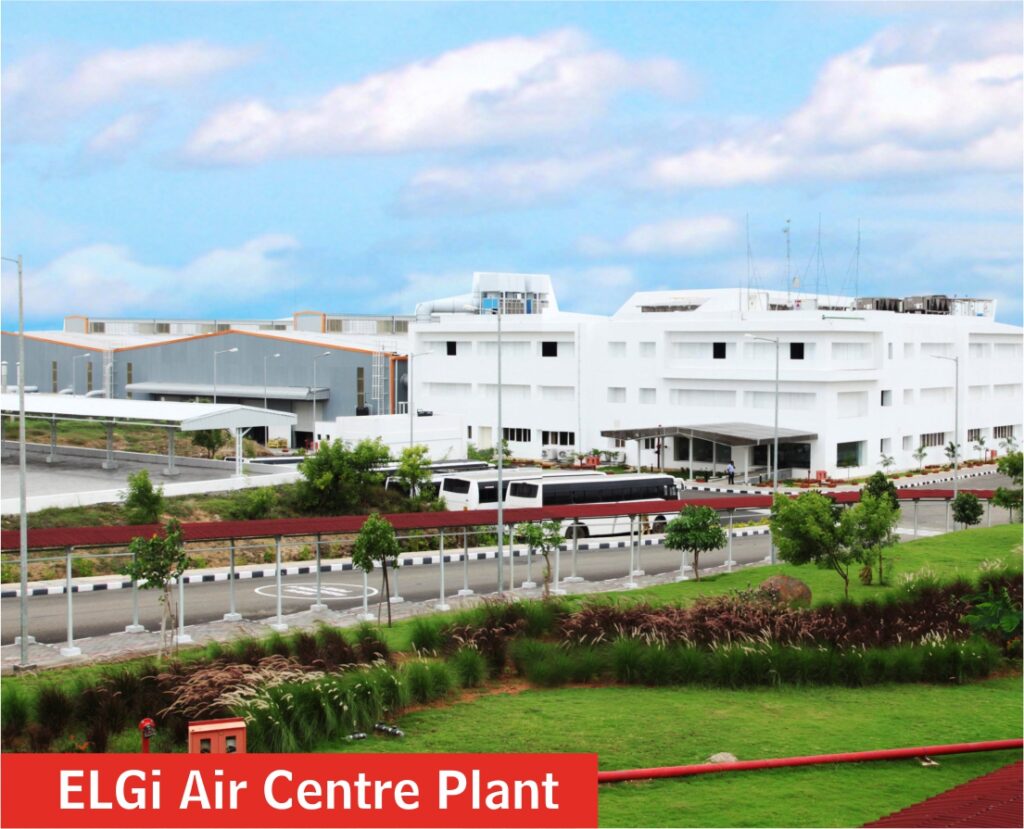
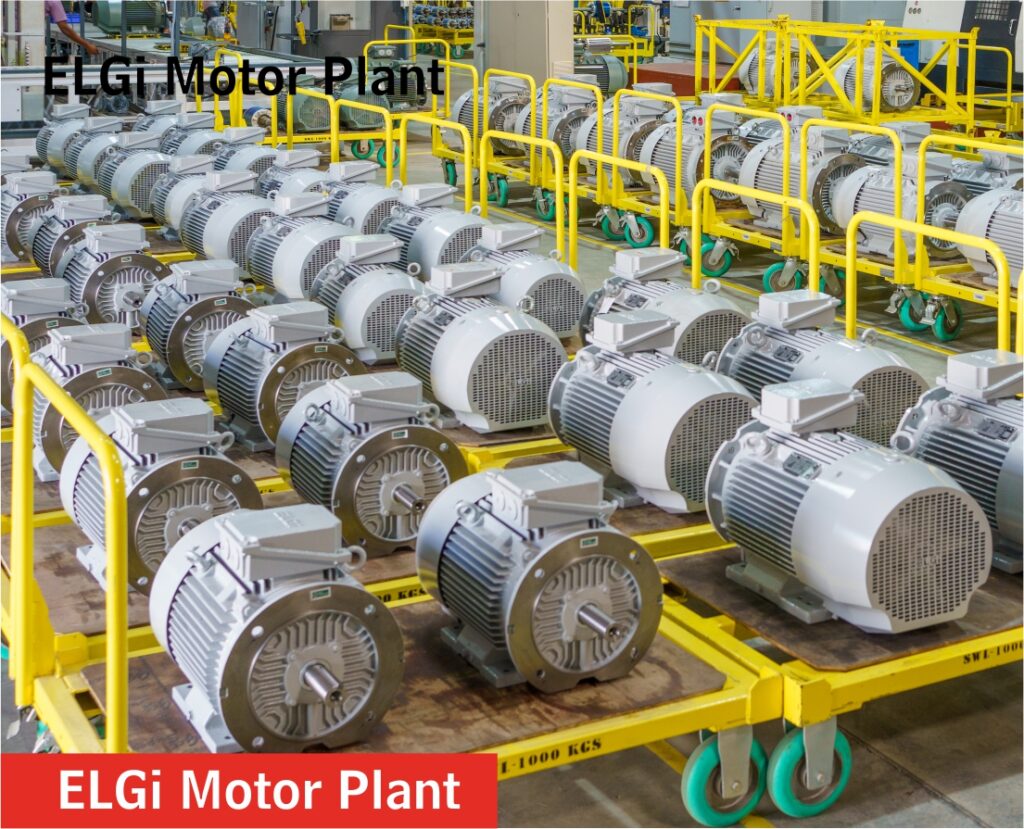
Air compressors are often seen as industrial workhorses. How do you embed innovation to differentiate ELGi’s products in this traditional space?
As a manufacturer, I believe that the most important responsibility of the company is to educate the customers about the benefits of using air compressor systems. When you talk about compressed air systems, it’s not just air compressors but also dryers, piping systems, etc. These dynamic systems’ energy consumption and air delivery on the first day and the 100th day of the machinery are not going to be the same. Customers should be made aware of the implications of compressed air systems regardless of innovation and catering to the customer’s needs is our responsibility. These needs can fall across dimensions such as reliability, energy efficiency, and performance. At ELGi, we try to look into different needs and figure out what is continuous improvement and what is breakthrough improvement.
Continuous improvement means that if the air compressor is consuming X amount of power today, then there is a potential to reduce its power consumption by 5 percent in the next version. The second level is breakthrough innovation, which takes into consideration those needs that the customer is suffering but is not talking about. One such thing is Variable Frequency Drive, which will cost 20 to 30 percent of the cost of an air compressor, and because of the pricing, many customers do not talk about it. They keep on suffering high operational costs. To tackle this issue,
ELGi is coming up with an innovation, i.e., the Stabilizer Technology, that performs the same functions as the Variable Frequency Drive but at a very negligible extra cost.
It reduces stress on the components of the machinery and reduces unload power. It is going to be a game changer and will be more reliable and energy efficient. We are running these machines out in the field, and the performance parameters have been fulfilled as per the estimation. We are really excited to launch this product globally within the next few months.
ELGi serves a broad spectrum of industries, from manufacturing to healthcare. How do you prioritize R&D efforts to meet the specific needs of such diverse applications?
Different industries, such as grain milling, pharmaceuticals, healthcare, textile, etc., have different priorities. For example, in pharmaceuticals, a number of manufacturers can’t have a single drop of oil in their systems. They require Zero oil systems which are
highly reliable and do not break down often so for such critical industries, we developed an oil-free range of machines i.e. our Dry Screw Range. We try to reduce the complexity of technology so it becomes inherently more reliable, and we try to improve upon its
upfront cost, too. The reason why we try to bring down the costs is that there are many customers who would like to have oil-free air
compressors but either find it unaffordable or believe the technology is non-reliable. We believe that as a manufacturer, it is our
responsibility to resolve this problem. In order to do so, we launched the AB Series Water Injected range, which doesn’t use oil. Instead, it uses water. The basic architecture is similar to that of oil lubricated machines, which makes these machines reliable and
easily serviceable. So, in this way, our R&D efforts are constantly projected towards catering to the specific needs of our customers.
Digital transformation is reshaping the industrial landscape from IoT-enabled systems to predictive maintenance. How is ELGi adopting these technologies, and how are you integrating digital thinking into a company rooted in engineering tradition?
From the product and customer perspective, we have launched Air~Alert System that allows customers to track their air compressor in real time. Many industries have sophisticated methods of tracking their capital equipment so they can add this to their dashboard systems. We are not going to charge customers extra for it. We believe that the data will benefit us by offering preventive maintenance, proactive failure detection, and long-term quality design processes. We have a long way to go in digital and a big part of it is to prioritise the use of AI. There is a big opportunity to bring AI and similar digital transformations in every department to improve the working conditions of our people and make sure that they invest their time focussing on customers and product innovation. I am very enthusiastic about witnessing such innovations take shape in the Rice and Grain milling industry.
Sustainability is no longer a choice—it’s a necessity. What actions has ELGi taken to reduce its environmental footprint, both in manufacturing and in the energy efficiency of your products?
Specifically, we have short, medium, and long-term targets related to water consumption, carbon emissions, and recycling. We aspire to become a Net Zero Plant in the future. From the product perspective, we want to lead the charge when all machines built in the future are oil-free. We believe that we need to work on improving energy efficiency, increasing reliability, and reducing upfront costs. We propose that even our rice sorting customers should also be able to use an oil-free machine. Our big push is to reduce the amount of oil in our products and the atmosphere.
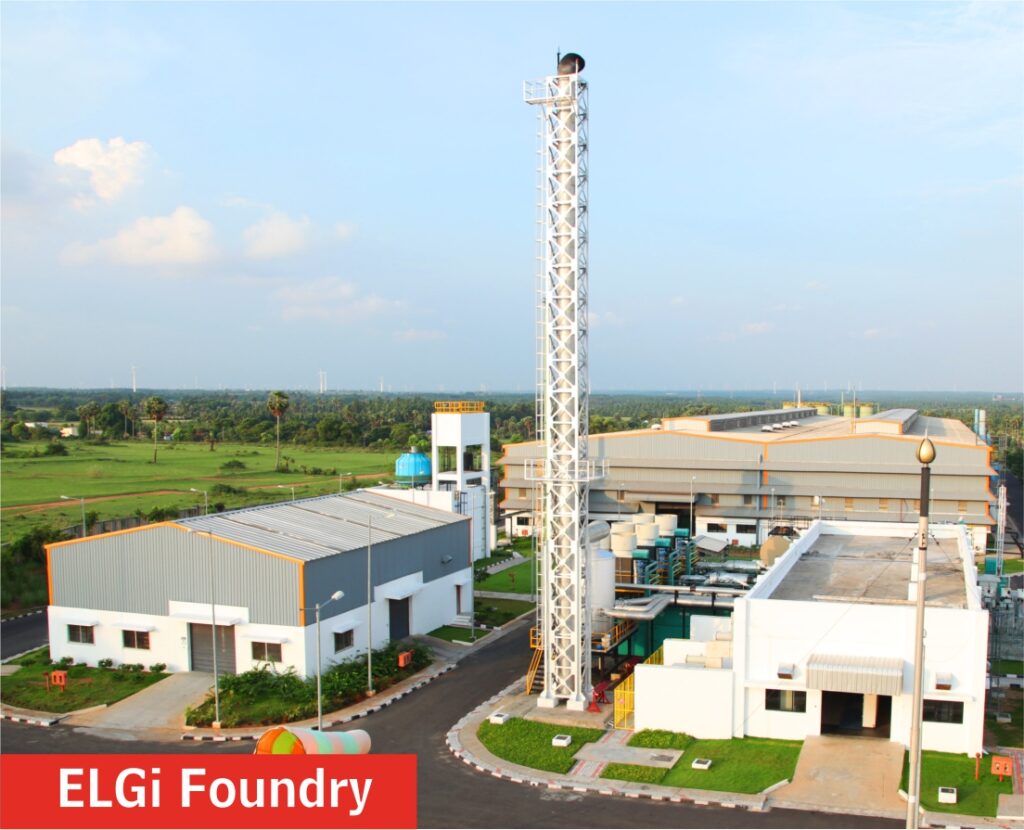
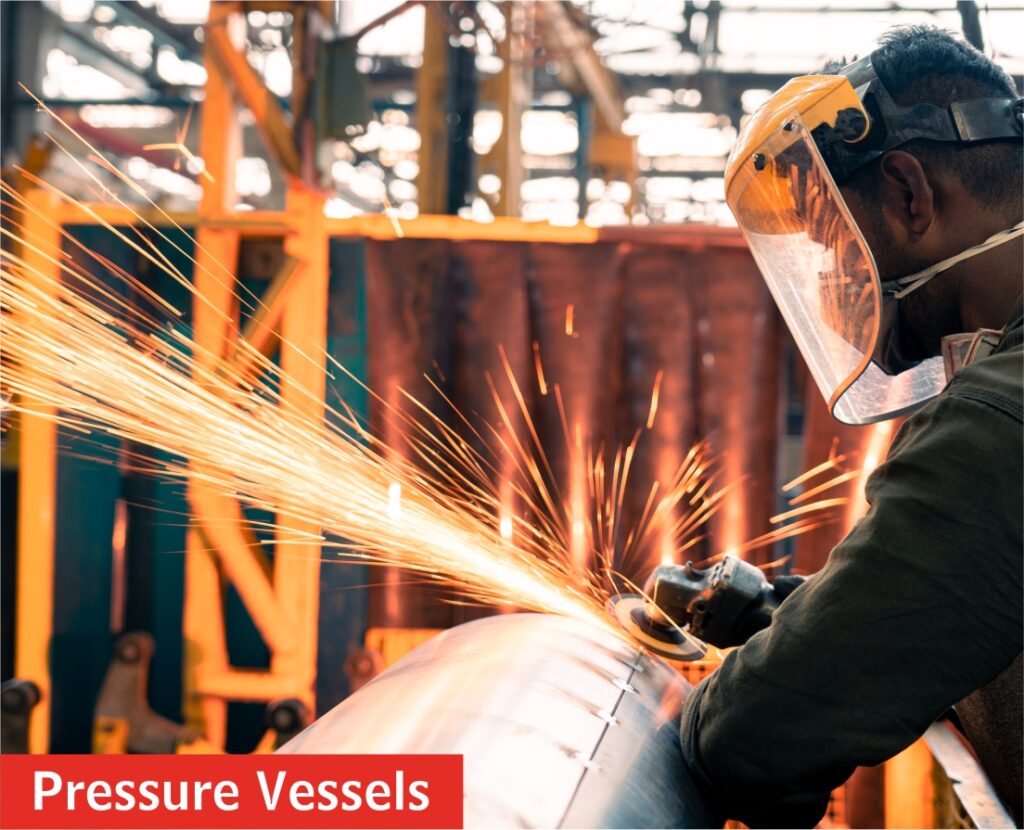
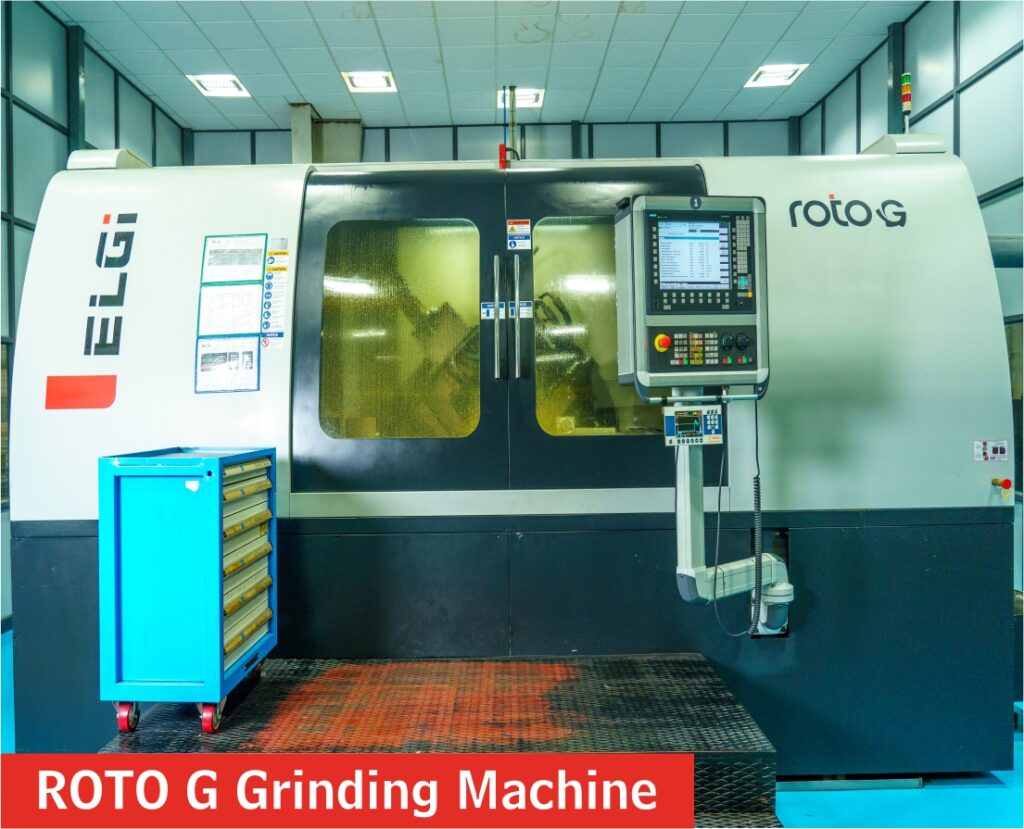
What do you believe differentiates ELGi from other players in the air compressor space—both in India and globally?
The differentiation lies in our customer-centric philosophy. We question every assumption that industry has in India and outside. We make a lot of effort to improve our interaction with our esteemed customers. Usually, the companies earn more profit from oils, but we do make money in the same. But our profitability from oil is in direct conflict with the fact that we aspire to manufacture machinery that doesn’t use oil. Another significant thing is the warranty. We say to our customers that our primary goal is to restore the machine’s air first, and the accounts come later. We trust our customers and our distribution partners. We provide such a satisfying customer experience that it sets us apart from others in the market.
ELGi has a very strong base in the rice and grain milling industry in eastern and central India, and it is expanding throughout India. How do you see it from the company’s perspective? What is the age of air compressors in the Grain Milling industry?
It gives me immense pleasure to inform you that ELGi has developed an unshakeable emotional bond with the Rice and Grain Milling industry in India. The industry has imposed great faith and a high level of trust in us. When we have such heartwarming, strong, and highly valued experiences, our determination to serve the industry gains impetus, and we work on growing together.
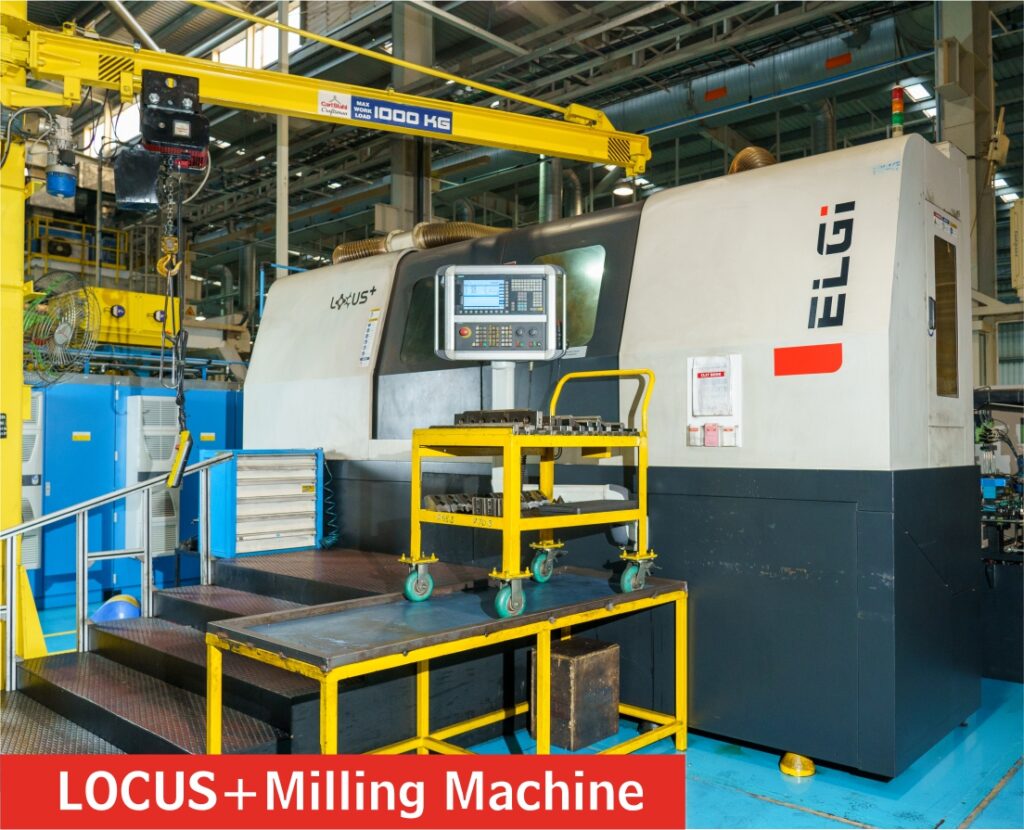
Coming to the second part of your question, I would say that the grain milling industry has challenging working conditions, but if the air compressors are maintained well, then these machines can last up to 10 years. The age of the air compressor depends on how well it is maintained, how regress and strenuous the system is, and the working conditions. We need to educate customers to get their
machines set up in the proper places. Access to cold, clean air and commissioning in an enclosed space separate from other factory operations can improve the owner’s experience. Customers should demand from their distributors and service providers how to commission their machines properly to give value over their lifetime.
From your perspective, what does long-term customer success mean, and how do you ensure that it is embedded in operational execution?
Long-term customer success means that when a miller or manufacturer wants to replace a machine, they should pick up the phone and dial the ELGi dealer. The customers should have such a good experience, having been with the brand through its journey and owning it as their own and replacing their machine with an ELGi machine. To operationally do that, it is a given that our products should be highly reliable and energy efficient, and we deliver what we promise. An opportunity for us is to enhance the equity and trust of our customers. That’s why we have a trust-based customer policy.
We have a trust-based customer policy.
Being highly responsive and addressing a need or issue before it happens using IoT will enable us to do so. If we succeed in achieving that consistently, then there is no reason why a customer won’t recommend us to someone else. We will grow with them; the best people will work with us, and the best dealers will keep representing our products.
Looking ahead, what excites you most about the next five years—both for ELGi and for yourself as a business leader?
In ELGi, we have communicated a clear plan. We wish to be No.3 in the world in the next ten years, and hopefully, in the next five years, the number of people that have grown in the company will be quite significant. We will be moving the people from the Indian office to distinguished leadership positions abroad so that they can bring that cultural bonding that we have in India to other places across the globe. This is a great opportunity for us to showcase our talent on the international stage. At a personal level, I am quite motivated to see people succeed. These success stories would bring growth to themselves and the company, introducing more talent from their networks. All that would be really fulfilling to me.
The journey of your family business mirrors the story of India’s industrial development. As a fourth generation leader, how do you balance honouring tradition with steering the company toward innovation, new markets, and emerging sectors?
Traditionally, family businesses are considered to be slow and conservative; these things risk their sustainability in the future, but I think one has to be very thoughtful about values and practices that can never be compromised. It is certainly under the power of the promoters to ensure that those values are embedded in the company culture. Under no circumstances such value systems should be
foregone. It’s my privilege to be born in this family, but like others, I am good at one or two things. I believe it’s important to step aside if someone else can do the task better than you. I listen to my employees and support them even when they make mistakes. I impose my faith in their talent, and in return, they always try to give their best to the job. Ensuring that you have a non-negotiable set of values and behaviors can set the wheel in balance, and the company can excel in innovation, new markets, and emerging sectors.

